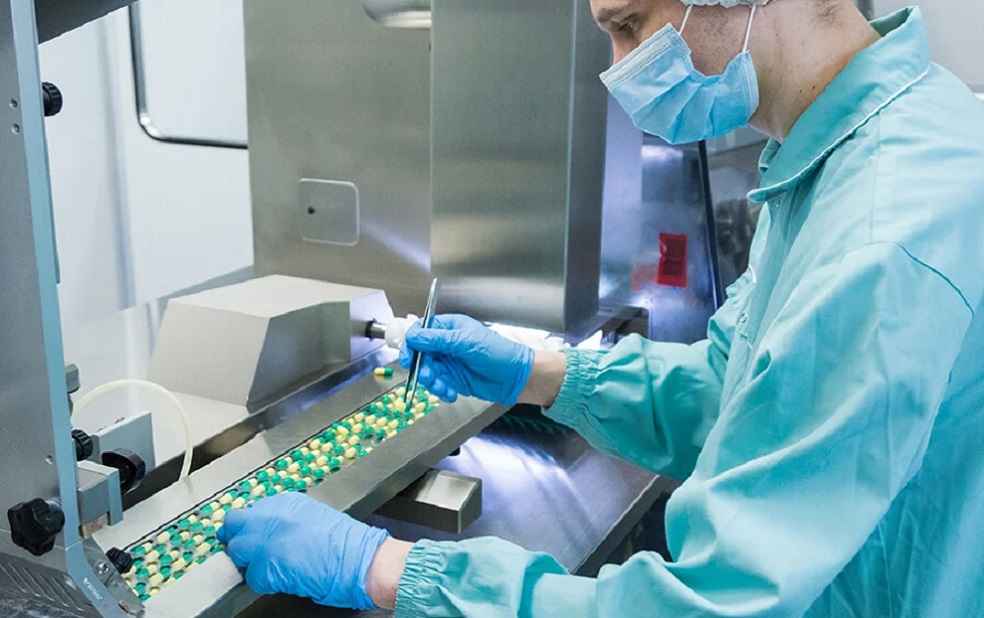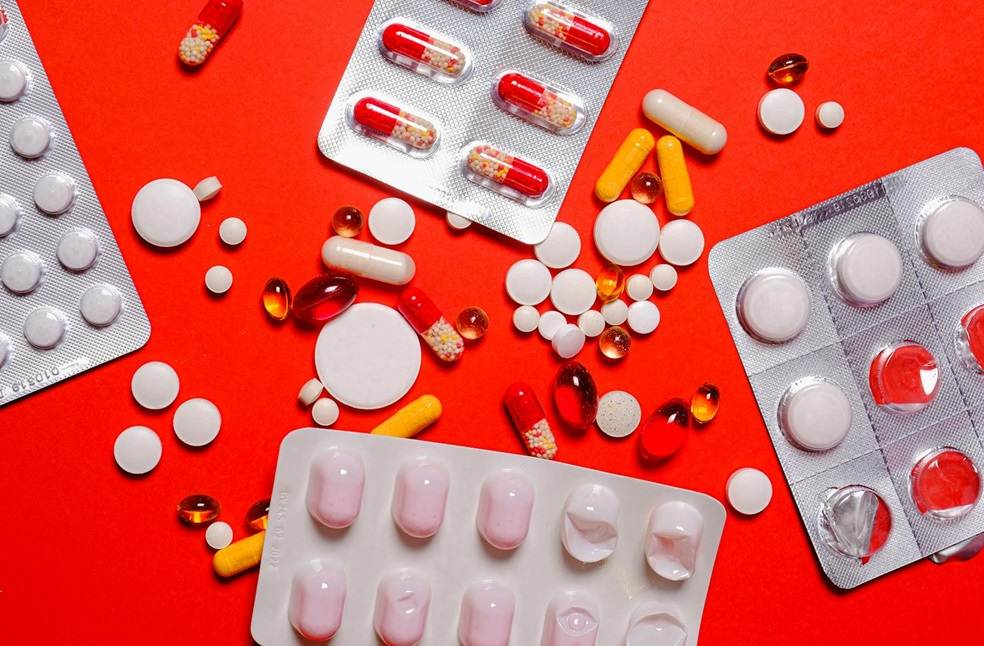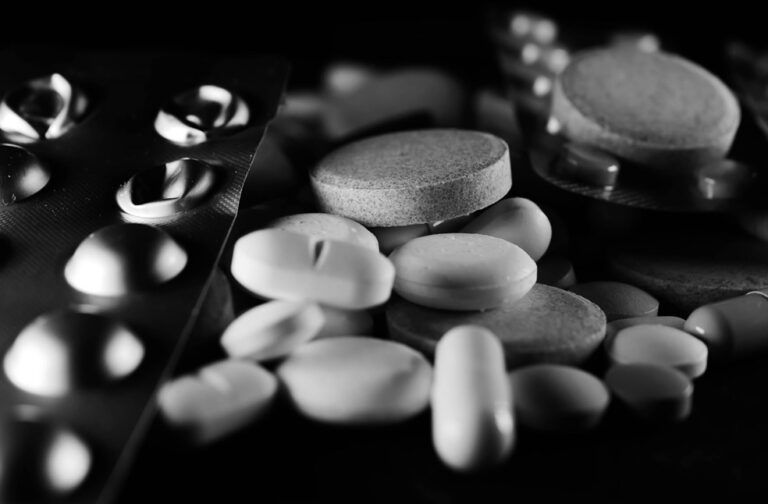Singapore is in negotiations with the United States to potentially obtain preferential or zero tariffs on its pharmaceutical exports, as stated by Deputy Prime Minister and Trade Minister Gan Kim Yong on Friday. At a briefing on the government’s task force addressing the effects of U.S. tariffs, he informed reporters that the United States has expressed willingness to negotiate concessions for Singaporean goods.
The shift follows Washington’s deliberation on broadening sectoral tariffs to encompass pharmaceutical products.
Gan disclosed that the United States had invited Singapore to discuss potential concessions on pharmaceutical exports, placing Singapore among the select nations excluded from the proposed 10% import tariff on pharmaceutical goods. He also mentioned that the potential exemption would come with specific conditions.

Pharmaceutical goods remain exempt from the 10% baseline tariff on U.S. imports, which took effect on April 5. However, by mid-April, the U.S. began exploring the possibility of imposing duties on pharmaceuticals and semiconductors.
Regarding semiconductors, the minister stated that the U.S. is open to discussions on maintaining a stable supply for Singapore, though the primary focus remains on pharmaceuticals for now.
Minister Gan further highlighted the importance of the agreement for Singapore, noting that pharmaceuticals account for over 10% of the country’s exports to the U.S. He also stressed the need for government discussions with private pharmaceutical firms to assess the feasibility of its terms.

Singapore reported a stronger-than-expected 12.4% year-on-year increase in key exports for April, with analysts linking the surge to accelerated shipments capitalizing on tariff exemptions. Since Singapore does not impose tariffs on imports from the U.S., Washington is focusing on ensuring a smoother flow of goods and securing its supply chains.
IMEX SECTOR | EU to Raise Tariffs on Agricultural Goods from Russia and Belarus



